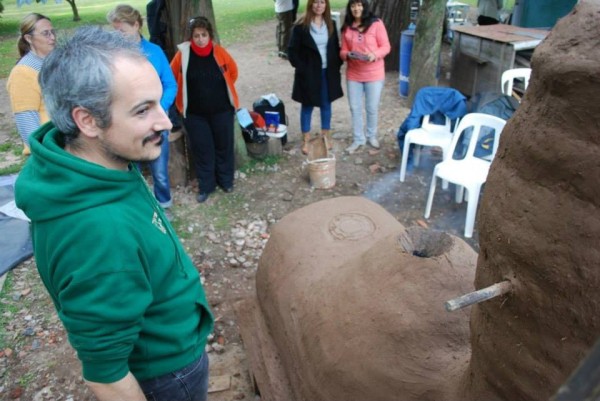Peace is the absence of war, it is coexistence without conflict, but we can’t just limit nonviolence to the absence of violence. Even if it is an end that we want to achieve, nonviolence is, above all, a resistance to all forms of violence. Therefore, translated to the field of journalism, nonviolence positions the journalist as an activist against violence.
Something that might sound banal, subtle or a mere detail becomes quite revolutionary, because it implies leaving behind the role of aseptic chronicler to become a critical and shrewd chronicler. And when looking at a sequence, an event, a position, one should not only look at the anecdotal and accessory, but rather at all the contexts. Because a crime cannot be explained without understanding the functioning of those displaced by the system, without looking at the educational system, the repression and social containment of the surroundings, the macro-politics, the models involved, the in-vogue social references and a long etc. And there appears the paradox that as communicators, journalists become analysts of their own work, because it is not innocuous what one writes in the headline of a newspaper, what is said on the radio or what is shown on the TV. Not only is it not innocuous, moreover in the media many interests are being expressed and not only the most noble.
So we find ourselves with a need to generate a humanised look in order to not objectify the news. In other words, the victims are not just statistics; a cut in the health budget is not just an economic measure; and whether that the banks raise or lower interest rates is not a commercial decision or at least, it is not only a commercial decision.
With globalisation we have also had to learn to unravel the transnational interests from the continental and extra-continental repercussions of events. In the Vietnam War it was Americans themselves who demonstrated against it, when Bush decided to invade Afghanistan there was a global response saying, “not in my name”, “no more blood for oil”. There were thousands of citizens in over one hundred countries where millions of people felt concerned by this frenzied attack. Pacifism reappeared with strength, but many analysts have seen also how spontaneous pacifism without a permanent conduct of nonviolence is not sufficient to detain these aggressions.
It sounds very pretentious for a journalist to position themselves in front of violence through their work, but this is exactly what we are saying. How can you propose to advance in this nonviolent struggle and carry it out in every action of your job? Basically, we are even more pretentious than that because we aspire that every human being from wherever they are, from their work, is capable of working to eradicate violence. In fact, we count on the fact that everyone becomes less violent in their lives: personally and collectively.
Of course, the Agency’s agenda has to have a different focus, in the permanent search for news that can clear up a bit the constant bombardment from the media relating to atrocities being committed left and right, or the propagation of non-meaning with impunity. Everything that distracts us and that promotes consumerism and the anti-values of a humanised society as the axis of people’s lives.
The agency aims to be the promoter of positive changes of humanity and the struggle for the democratisation of the access to information, but above all the equality of possibilities for communication.










